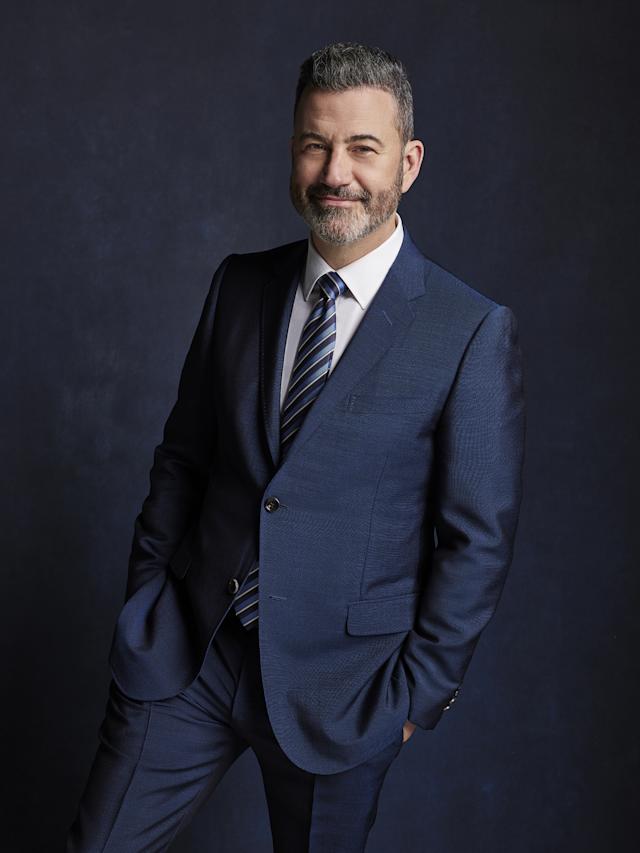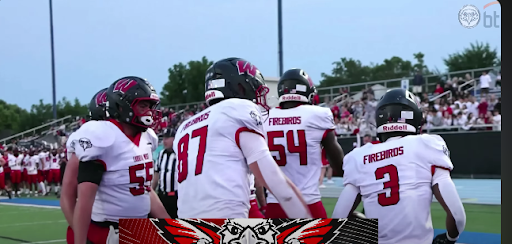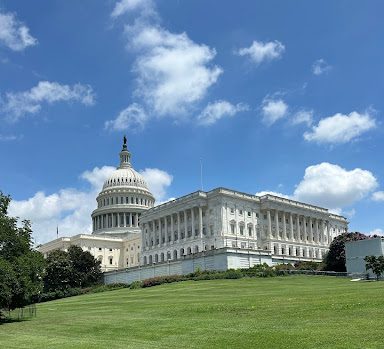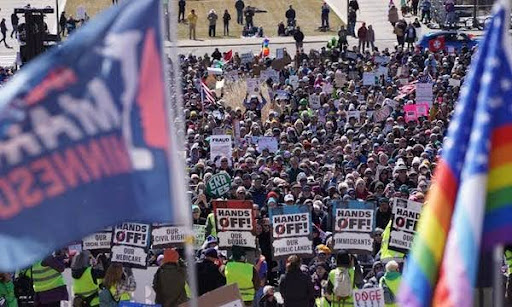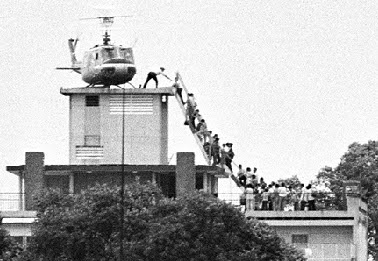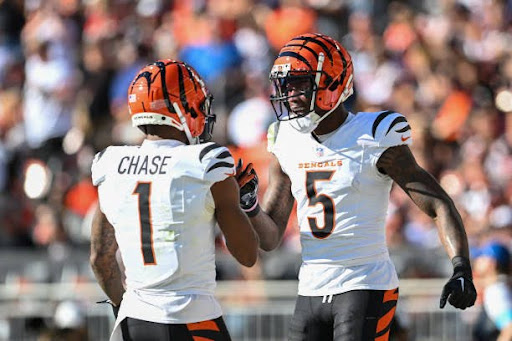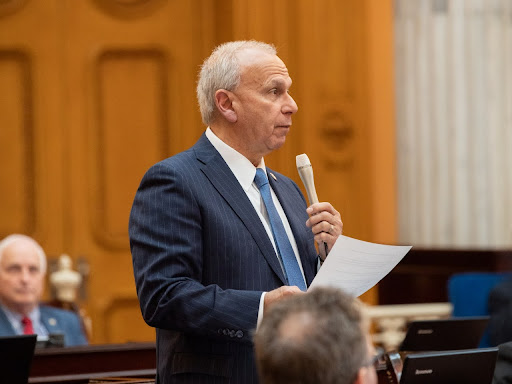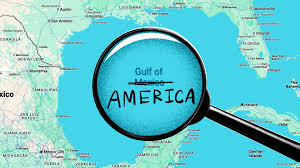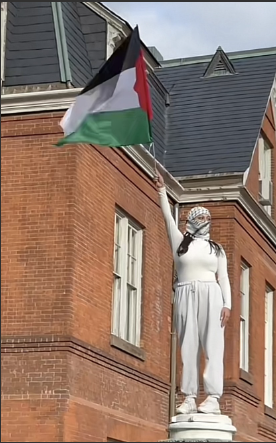
Friday, April 19th, 2024– 108 student protesters at Columbia University have been arrested by the NYPD after Nemat Shafik, Colombia’s President, authorized police to clear the many tents set up by protesters in Columbia University’s designated “free speech” zone, claiming that the protester’s had breached the school’s rules and policies against “holding unauthorized demonstrations” and were unwilling to engage with administrators.
The university has a long history of student activism and organized protest, dating back to 1968 when protesters came together to urge the United States to reconsider its role in the Vietnam War. After a week of their demonstrations, the school had had enough and brought in the NYPD to arrest 700 students. Fallout from that incident took the university decades to recover from.
On Monday, May 4th, 1970, another protest, on a different campus, rejecting a similarly fruitless war elicited a horrific response from the institution. The Kent State massacre as it is known now, is the result of the Ohio National Guard being called onto the campus in response to a “violent confrontation between protestors and local police”
“Bonfires were built in the streets of downtown Kent, cars were stopped, police cars were hit with bottles, and some store windows were broken,” said Jerry M. Lewis and Thomas R. Hensley in an article published on Kent State University’s official website.
The rest of the article went on to detail the events leading up to the massacre and its aftermath with many instances of protester-rock-throwing, police-tear-gas-unleashing, and one instance of pyromania where an unknown assailant set fire to the ROTC building. Eventually, the pressure became too much for the Guards as they “feared for their lives” and 28 especially nervous gunmen fired somewhere between 61-67 shots into the air in a 13-second time period. In those few seconds, 4 students were killed and another 9 were injured.
Likely in fear of tensions escalating any further and after 6 days of protest, Columbia University announced that classes would be held online on Monday, April 22.
“(We) need a rest,” wrote President Shafik on the college’s website.
As pro-Palestine, anti-war protests sprout up all over the country, prestigious institutions like MIT, Stanford, and Yale in addition to Columbia are in the spotlight. In this l’eau, Harvard has taken precautionary measures and warned students of imminent disciplinary measures for any tent pitching or protesting in the courtyard.
The question now remains whether these student efforts and arrests will have any impact. A policy change coming out of Columbia could prove to be a monumental turning point in the history of student-led activism, where an institution heeds to the demands of the people it serves.

